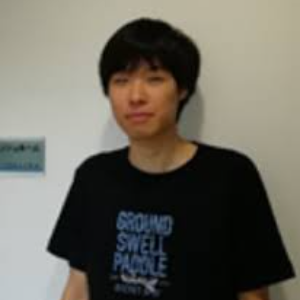Title: Identification of non-conventional p-hydroxybenzoate hydroxylase family proteins
Abstract:
p-Hydroxybenzoate (pHBA) hydroxylase (PobA) is a model flavin-containing hydroxylase that oxidizes NADPH and pHBA to produce protocatechuic acid (PCA). This study identified a series of PobA-like proteins that form a novel subfamily of proteins in the PobA family. We searched published databases for PobA-like proteins with less than 50% amino acid sequence homology to known PobAs. These proteins were distributed among bacteria, and phylogenetic analysis found that PobA from Xylophilus ampelinus (XaPobA) and other bacterial PobA-like proteins with > 70% homology to XaPobA forms a new subfamily, and was distinct from well-known PobAs. The PobA-like proteins lack the conserved tyrosine residues at the active center of the known PobAs. They contain conserved tryptophan and phenylalanine residues that are predicted to constitute the active center. Recombinant XaPobA was prepared and investigated for reaction properties. Reactions of XaPobA with pHBA and PCA were analyzed by HPLC, and determined to be PCA and gallic acid, respectively. Steady-state kinetics for substrate-dependent NADPH oxidation showed that kcat and Km values were 170 µM and 0.079 s-1 for pHBA, and were 290 µM and 1.6 s-1 for PCA, indicating that XaPobA prefers PCA as a substrate than pHBA. This observation was essentially similar for other proteins in this subfamily from Ottowia thiooxydans, Pigmentiphaga kullae. These results indicate that the newly identified PobA subfamily comprises enzymes that hydroxylate PCA rather than pHBA, unlike conventional PobA.



